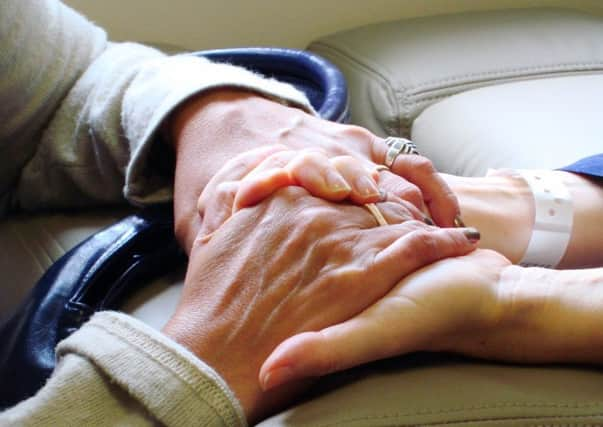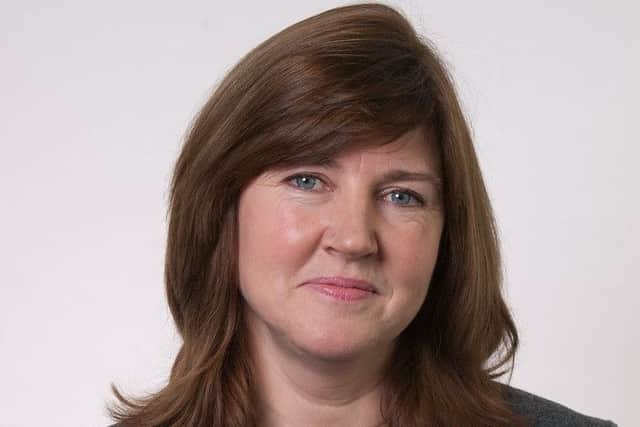Alison Johnstone: Working together to tackle dementia


But behind that headline figure was a startling piece of information - Alzheimer’s disease and dementia are now the most common causes of death for women in Scotland and the second most cited reason for all fatalities.
Dementia accounted for over 11 per cent of the 57,883 deaths that happened last year. Heart disease remains the most common killer for men.
Advertisement
Hide AdAdvertisement
Hide AdThe rise in dementia deaths from 4915 in 2014 to 6549 in 2017 is perhaps the clearest sign yet of our ageing society. Indeed, the charity Age Scotland has warned that the number of people with dementia could rise to more than 120,000 over the next 20 years.


It’s a disease that affects the brain, causing memory loss, confusion and eventually leaves people unable to complete simple daily tasks.
Age Scotland also point out that the impact on women is profound, as we make up the largest group of unpaid carers in society and have poorer personal finances in later life.
Scotland does have a national dementia strategy, which commits to giving people diagnosed at least a year of support. But any strategy requires investment to succeed. It’s essential we avoid delays in admission to residential and other formal care services and avoid unnecessary admission to hospital.
Advertisement
Hide AdAdvertisement
Hide AdThere’s also increasing awareness of the need for communities and businesses to be ‘dementia-friendly’, for example by ensuring shop staff speak clearly and calmly, smile and make eye contact, reduce unnecessary noise and help people if they feel lost.
But what of reducing the risk in the first place? Sadly, there’s no magic solution.
Good general health advice is what’s recommended such as regular physical activity - a brisk walk, short bike ride or even mowing the lawn.
A balanced diet of fruit and veg, protein, limited sugar and saturated fat, and plenty of water will also help reduce the risk of dementia, as will stopping smoking and easing up on the alcohol.
Advertisement
Hide AdAdvertisement
Hide AdWhile many of these are individual responsibilities, when it comes to making walking, cycling and health eating easy and affordable, local councils, the government and private firms all have a role to play.
Finally, keeping your mind active can reduce your risk. Regularly challenging yourself mentally seems to build up the brain’s ability to cope with disease. Experts recommend studying or learning a language, doing puzzles, reading challenging books and staying in touch with family and friends
The charity Alzheimer Scotland has described dementia as Scotland’s most pressing public health issue. It’s a challenge I’m sure we can tackle if we all work together
Alison Johnstone is a Scottish Green MSP for Lothian